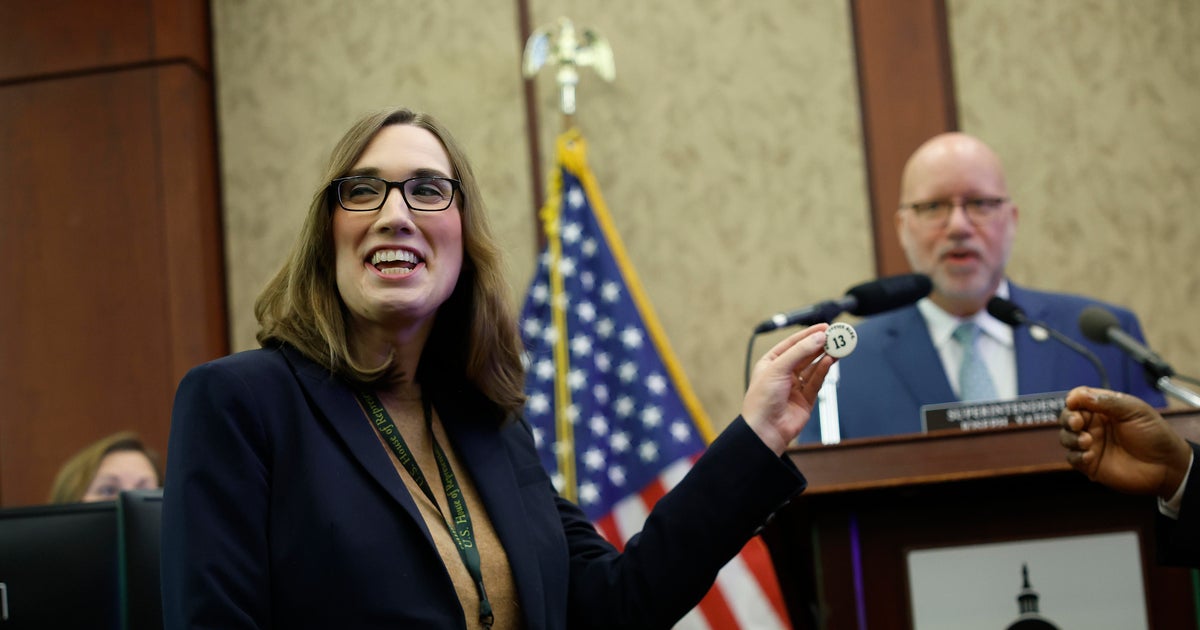Texas Supreme Court upholds state ban on gender-affirming care for minors
AUSTIN – The Texas Supreme Court upheld the state's ban on gender-affirming care for minors, rejecting pleas from parents that it violates their right to seek medical care for their transgender children.
The 8-1 ruling from the all-Republican court, released Friday, leaves in place a law that has been in effect since Sept. 1, 2023. Texas is the largest of at least 25 states that have adopted laws restricting or banning gender-affirming medical care for transgender minors.
Most of those states face lawsuits, and the U.S. Supreme Court recently agreed to hear an appeal from the Biden administration attempting to block state bans on gender-affirming care. The case before the high court involves a Tennessee law that restricts puberty blockers and hormone therapy for transgender minors, similar to the Texas law.
The Texas law prevents transgender minors from accessing hormone therapies, puberty blockers and transition surgeries, even though medical experts say such surgical procedures are rarely performed on children. Children who had already started the medications that are now banned had to be weaned off in a "medically appropriate" manner.
"We conclude the Legislature made a permissible, rational policy choice to limit the types of available medical procedures for children, particularly in light of the relative nascency of both gender dysphoria and its various modes of treatment and the Legislature's express constitutional authority to regulate the practice of medicine," the ruling read.
Lambda Legal, a non-profit organization that advocates for civil rights for the LGBTQ+ community, issued a statement critical of the court's decision.
"Instead of leaving medical decisions concerning minor children where they belong, with their parents and their doctors, the Court here has elected to let politicians – in blatant disregard for the overwhelming medical consensus – determine the allowed course of treatment, threatening the health and the very lives of Texas transgender youth," said Karen Loewy, the director of Lambda Legal's director of constitutional law practice.
The lawsuit that challenged the Texas law argued it has devastating consequences for transgender teens who are unable to obtain critical treatment recommended by their physicians and parents.
A lower court ruled the law unconstitutional, but it had been allowed to take effect while the state Supreme Court considered the case.
The restrictions on health care are part of a larger backlash against transgender rights, touching on everything from bathroom access to participation in sports.
As more states move to enforce health care restrictions, families of transgender youths are increasingly forced to travel out of state for the care they need at clinics with growing waiting lists.
In the wake of the Texas law, CBS News Texas reported on a Fort Worth church that launched a program to help transgender minors travel out of state to receive care.
At least 13 states have laws protecting care for transgender minors.
More than 89,000 transgender people ages 13 to 17 live in states that limit their access to gender-affirming care, according to a research letter published in July 2023 in the Journal of the American Medical Association, though not all trans people choose or can afford gender-affirming care.
Gender-affirming care for youths is supported by major medical organizations, including the American Medical Association, the American Academy of Pediatrics, the American Psychiatric Association and the Endocrine Society.
Medical professionals define gender dysphoria as psychological distress experienced by those whose gender expression does not match their gender identity. Opponents of gender-affirming care say there's no solid proof of purported benefits and say children shouldn't make life-altering decisions they might later regret.
Texas officials defended the law as necessary to protect children, and noted a myriad of other restrictions for minors on tattoos, alcohol, tobacco and certain over-the-counter drugs.
Several doctors who treat transgender children testified in a lower court hearing that patients risk deteriorating mental health, which could possibly lead to suicide, if they are denied safe and effective treatment.
The Texas ban was signed into law by Republican Gov. Greg Abbott, who was the first governor to order the investigation of families of transgender minors who receive gender-affirming care
During the legislative debate over the ban in 2023, transgender rights activists disrupted the Texas House with protests from the chamber gallery, which led to state police forcing demonstrators to move outside the building.



